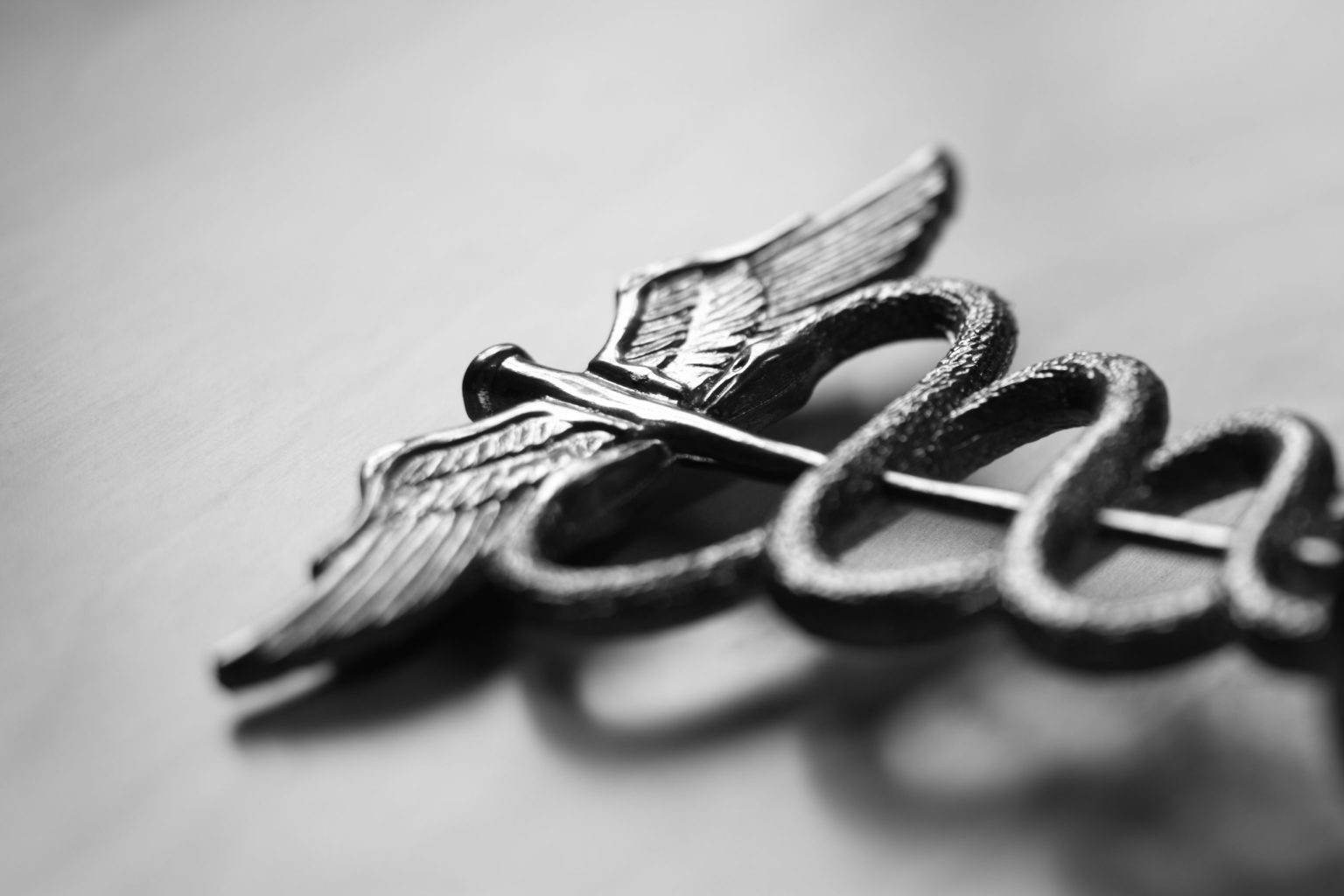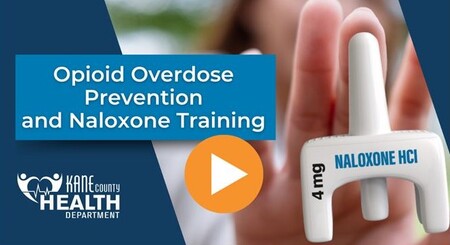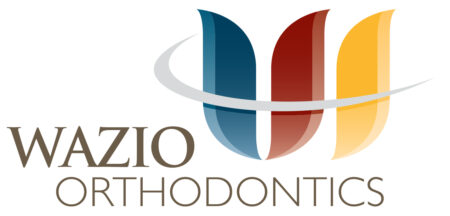Barbara Herman, of St. Charles, was playing bridge with friends at the Pottawatomie Community Center in late 2019 when suddenly she could no longer hold the cards. Her friends quickly recognized the symptoms of a stroke and called 9-1-1. Fortunately for Herman, she lives in an area serviced by Northwestern Medicine’s Mobile Stroke Unit, a specialized ambulance with a 16-slice CT scanner, telemedicine connections and stroke-specific medications.
Armed with the knowledge that Herman may be suffering a stroke, St. Charles ambulance services arranged to meet the Northwestern Medicine Mobile Stroke Unit at the Charlestown Mall, essentially creating an emergency room in the parking lot.
Once transferred inside the Mobile Stroke Unit, Herman underwent a CT scan showing detailed images of her brain to determine if the stroke was caused by a bleed (hemorrhagic) or a blockage (ischemic). The team communicated with a Northwestern Medicine stroke neurologist via telemedicine and began treatment immediately. Herman was stabilized in the Mobile Stroke Unit, and able to bypass the emergency room at Northwestern Medicine Central DuPage Hospital in Winfield, to be admitted directly to the Intensive Care Unit.
“On average, Northwestern Medicine’s Mobile Stroke Unit provides life-saving treatment 30 minutes faster than traditional transport,” said Harish Shownkeen, MD, medical director of the Stroke and Neurointerventional Surgery Programs at Northwestern Medicine Central DuPage Hospital. “This early intervention can lead to better outcomes, as every second counts when you are treating a stroke. For every minute that passes without oxygen, another 1.9 million neurons in the brain die.”
When it was launched in 2017, Northwestern Medicine’s Mobile Stroke Unit was the first of its kind in Illinois and among the first in the United States. The dedicated Mobile Stroke Care team is comprised of a critical care nurse, a CT technician, an EMT technician driver, and a critical care paramedic.
For ischemic stroke, the more common type of stroke which occurs when a blockage stops blood flow to the brain, the Mobile Stroke Unit is stocked with the clot-dissolving drug tPA. If the blockage is to a major artery of the brain, the patient can bypass the ER and go directly into the interventional lab to have to the clot extracted.
“We are getting a 30-minute head start by bringing the emergency room to the patient,” said Dr. Shownkeen, “It is a quantum leap in the way Northwestern Medicine is treating stroke.”
In Herman’s case, the tests determined she was suffering a hemorrhagic stroke, a blood vessel was bleeding in her brain causing pressure on the brain tissue. The Mobile Stroke team delivered medications to help control the bleed and lower her blood pressure.
After a week at Northwestern Medicine Central DuPage Hospital, Herman continued to recover at Marianjoy Rehabilitation Hospital, a part of Northwestern Medicine. She was discharged not long before the COVID-19 pandemic began and despite the lock-down was able to continue therapy remotely.
Herman continues to experience weakness in her right arm and says she occasionally struggles to find the right word. However, she is thrilled to have regained the mobility to go out to lunch with friends and participate in Bible Study.
“I have learned to adapt to my new reality. We go out for frequent walks and I’m playing Bridge online. I’m so grateful to have my family very close to keep me busy every day,” said Herman.
Herman and her family recently spoke at a St. Charles City Council meeting to recognize the Northwestern Medicine Mobile Stroke Unit, St. Charles Fire Department and the St. Charles Park District for their rapid response to her stroke symptoms.
“To see Barbara walking and talking is truly incredible. It is a wonderful feeling to know our actions have given Barbara and her family more quality time together,” said Kristen Flubacker, RN, critical care nurse, Northwestern Medicine Mobile Stroke Unit. “It is a team effort, starting with her friends who quickly recognized a stroke and the on-the-scene care from our partners at St. Charles EMS.”
Northwestern Medicine Central DuPage Hospital’s Mobile Stroke Unit can be directly dispatched by 9-1-1 to patients within the hospital’s Emergency Medical Services (EMS) area, which includes Carol Stream, Glen Ellyn, Roselle, West Chicago, Wheaton and Winfield. For areas in the secondary region that includes St. Charles, Geneva, Batavia, Elburn and North Aurora, fire protection districts and ambulance services can request the Mobile Stroke Unit for patients who meet stroke criteria.
According to the Centers for Disease Control, every year more than 795,000 people in the United States have a stroke. Stroke is a leading cause of death and serious long-term disability. Stroke risk increases with age, but strokes can, and do, occur at any age.
Know the warning signs and symptoms of stroke so that you can act fast if you or someone you know might be having a stroke. The National Stroke Association’s acronym FAST can help you quickly determine whether someone is having a stroke:
F (Face): Ask the person to smile. Does one side of his or her face droop?
A (Arms): Ask the person to raise both arms. Does one arm drift downward?
S (Speech): Ask for a simple phrase (such as,“You can’t teach an old dog new tricks”) to be repeated. Is speech slurred or hard to understand?
T (Time): If you observe any of these signs, call 911 immediately.
To learn more about stroke and cerebrovascular care at Northwestern Medicine, visit https://www.nm.org/conditions-and-care-areas/neurosciences/comprehensive-stroke-centers








